Idea by
Richard Lee Peragine
grup
http://www.richardleeperagine.com/
Call for ideas 2020
Porro libertatem perdimus
Porro libertatem perdimus
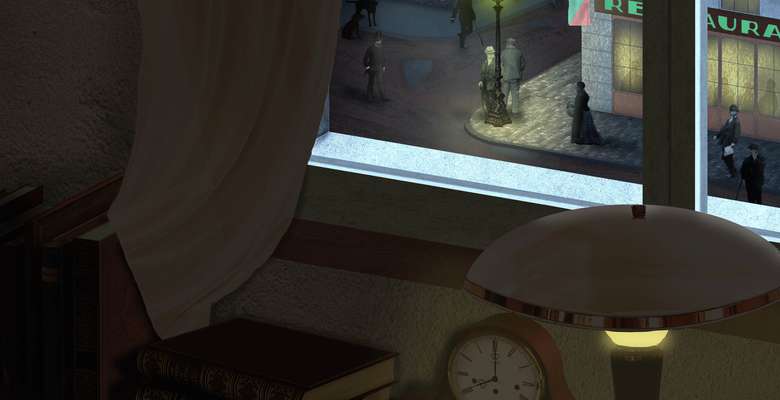
- New alliances
There have been attempts in contemporary architecture to produce spaces that can foster freedom and give a solution in conditions of tyranny, armed conflict and alienation. This research aims to explore the relationship between architecture and the notion of freedom by examining works of contemporary literature. The selected books are all stories of exiles and forced detention, either psychological or physical, induced or self-inflicted, that result in different forms of tyranny, ie, the negation of freedom. The absolutely subjective nature of the latter emerges from each novel. This study doesn’t aim at an unambiguous and rational solution, at a critique or a lesson, as neither freedom nor architecture is a universal concept. Rather it focuses on the complex interaction between people and spaces in such extreme situations. A better understanding of these complexities would seem to be of particular relevance to our tumultuous present, and future, global situation.
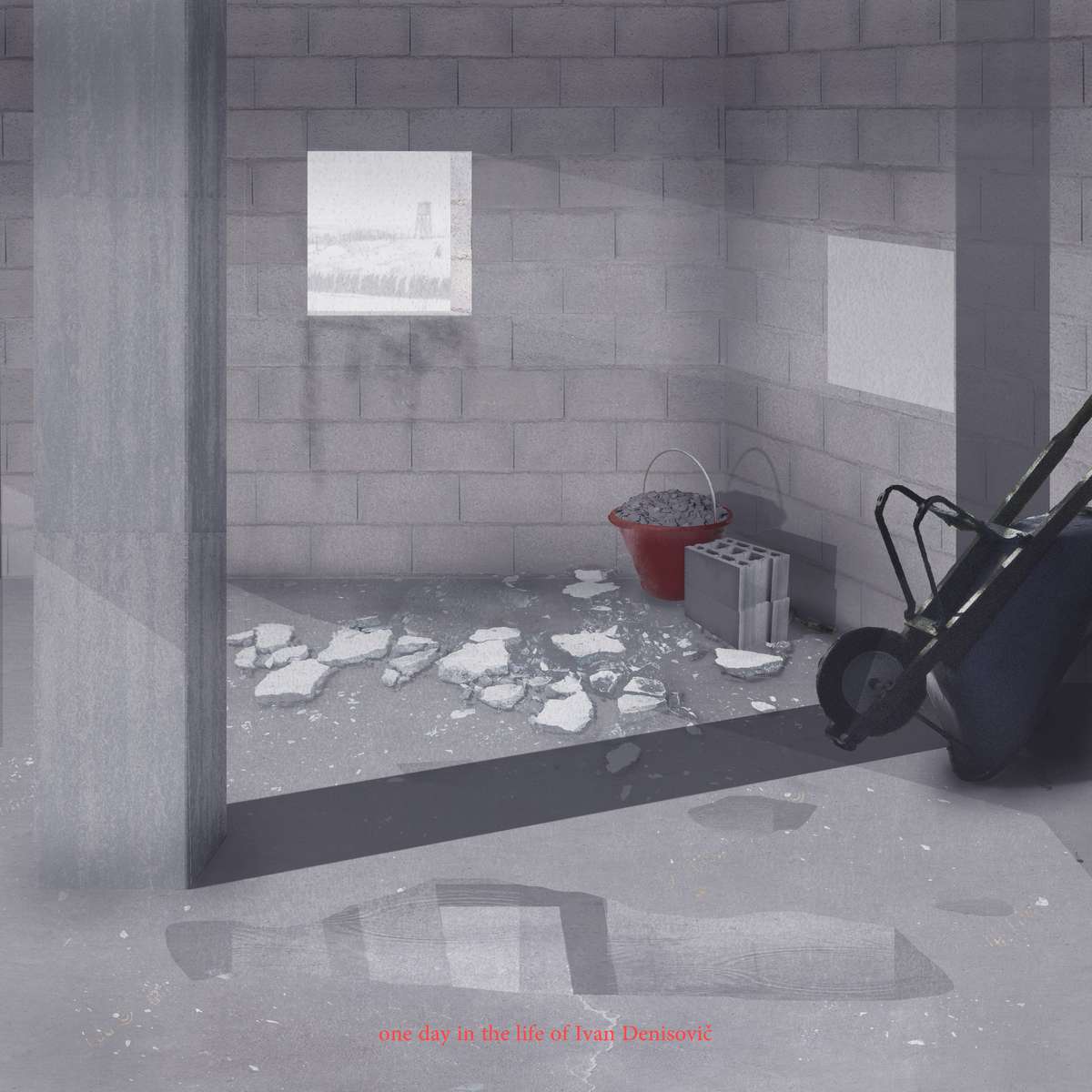
Ivan Denisovič is a political prisoner in a gulag but he is, however, able to mentally escape from it by focusing his mind on industriousness. Denisovič fights absurdity by stacking bricks. While at work he is able to ignore the fear of the guards, of the hard labour and the barbed-wire fences and enjoys building up a wall, for the sake of doing it well. The trowel is his emblem of freedom and he must hide it to preserve hope, sanity and irony – thus freedom.
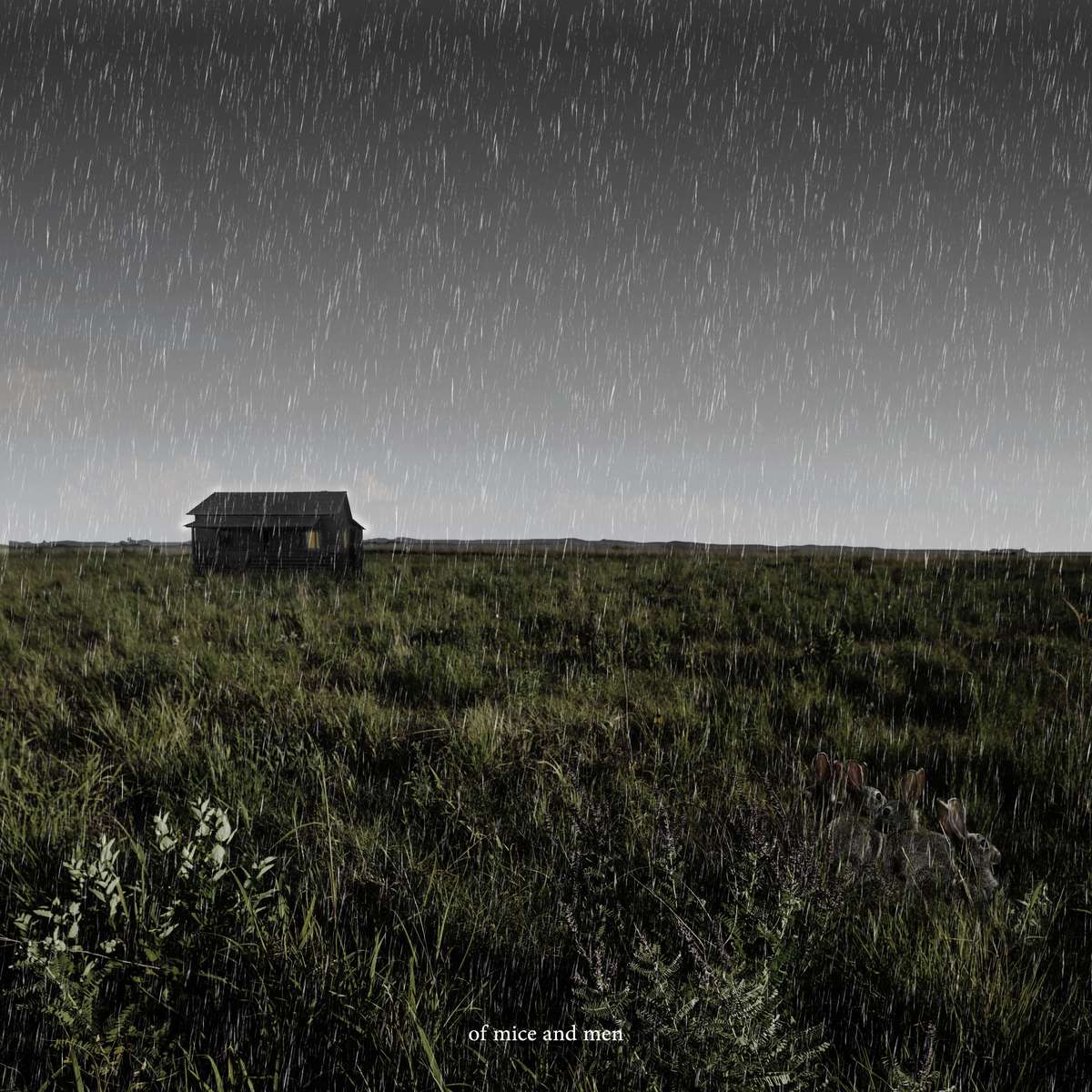
George Milton and Lennie Small, two ranch workers at the time of the Great Depression, they cross the lands of California in the search for freedom. This is represented by a house, property and the dream of living 'off the fatta the lan'', all of which they are unable to attain due to their precarious condition, resulting from the tyranny of their fellow workers and bosses, their mischief and alienation and, finally, their lack of will.
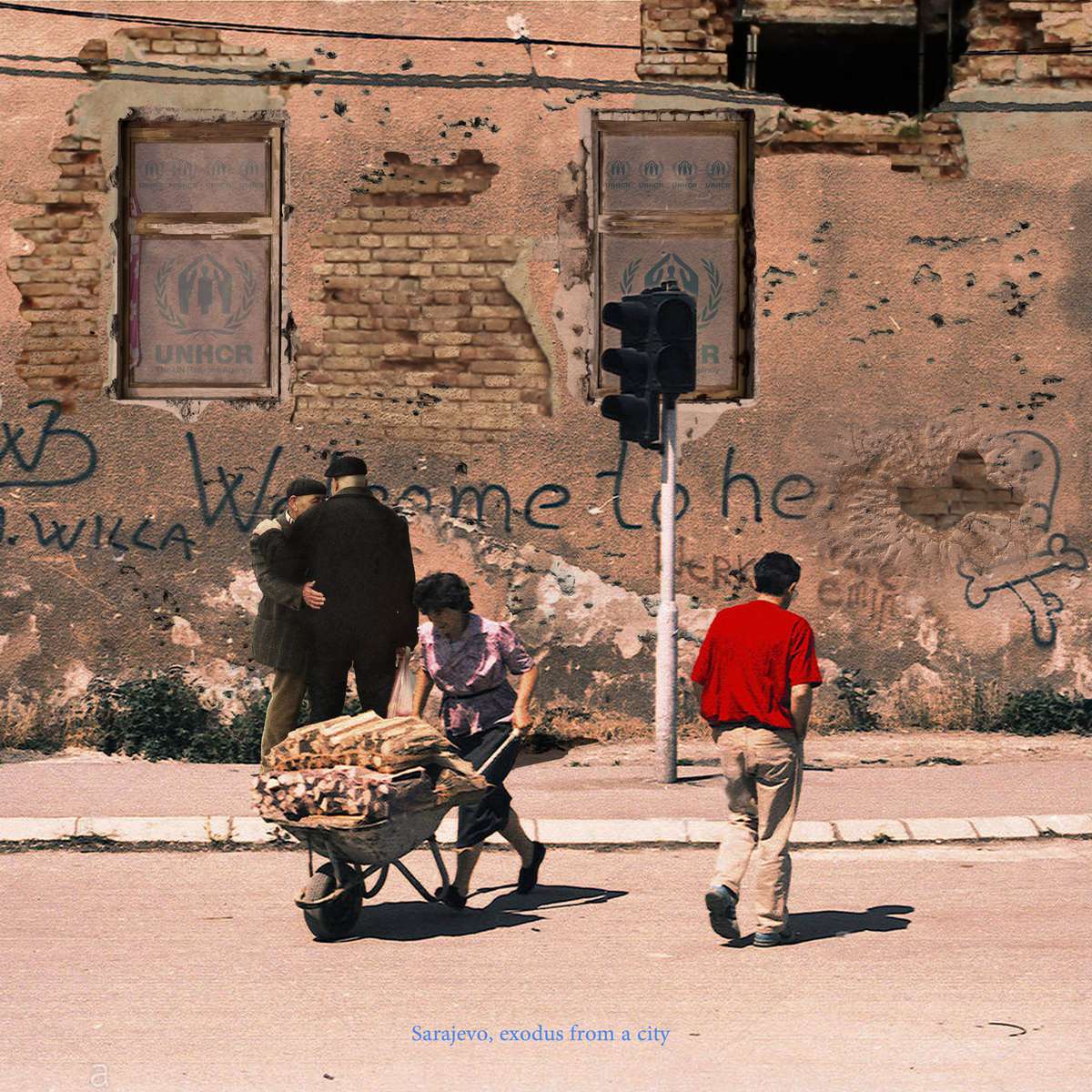
Karahasan’s autobiographical novel about his time living in the besieged Sarajevo shows another way of fighting for freedom. Again, against tragedy and war, while his beloved city is crumbling under mortar shells and hate, he puts his mind to literature and theatre to hold on to the hope of being free, once again. Karahasan’s city stands for freedom and is being turned into rubble for being such. Karahasan fights hate by reading books.
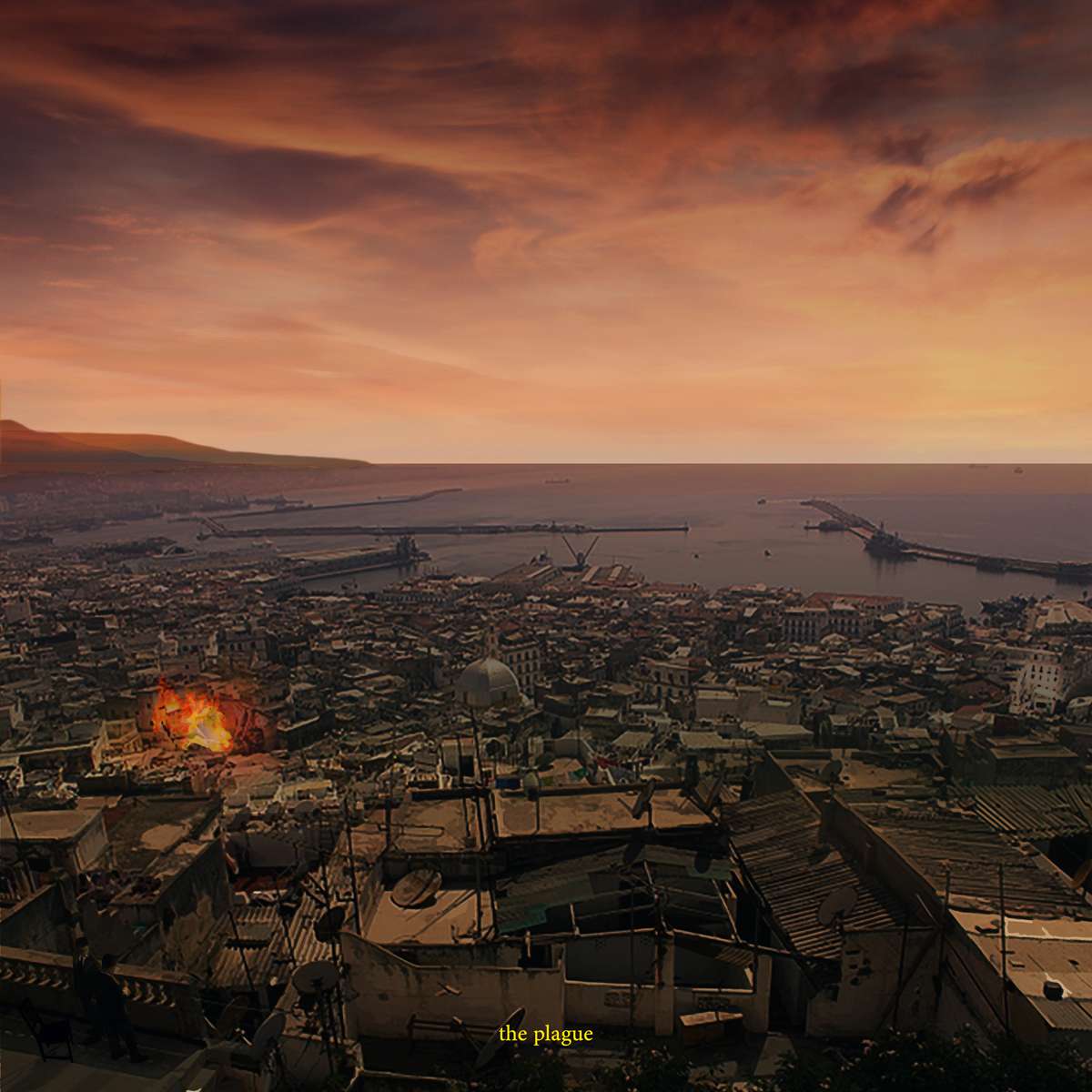
Doctor Rieux is fighting alone against a plague epidemic in the city of Oran, Algeria which has been cut-off from the rest of the world by a wall due to sanitary instructions. Rieux fights evil by helping his fellow citizens. Despite the futility of such a practice, by doing so he does not surrender to death and thus manages to attain peace and hold on to life. Rieux and none of the previous characters are free but in acknowledging this they cling to the notion of freedom.
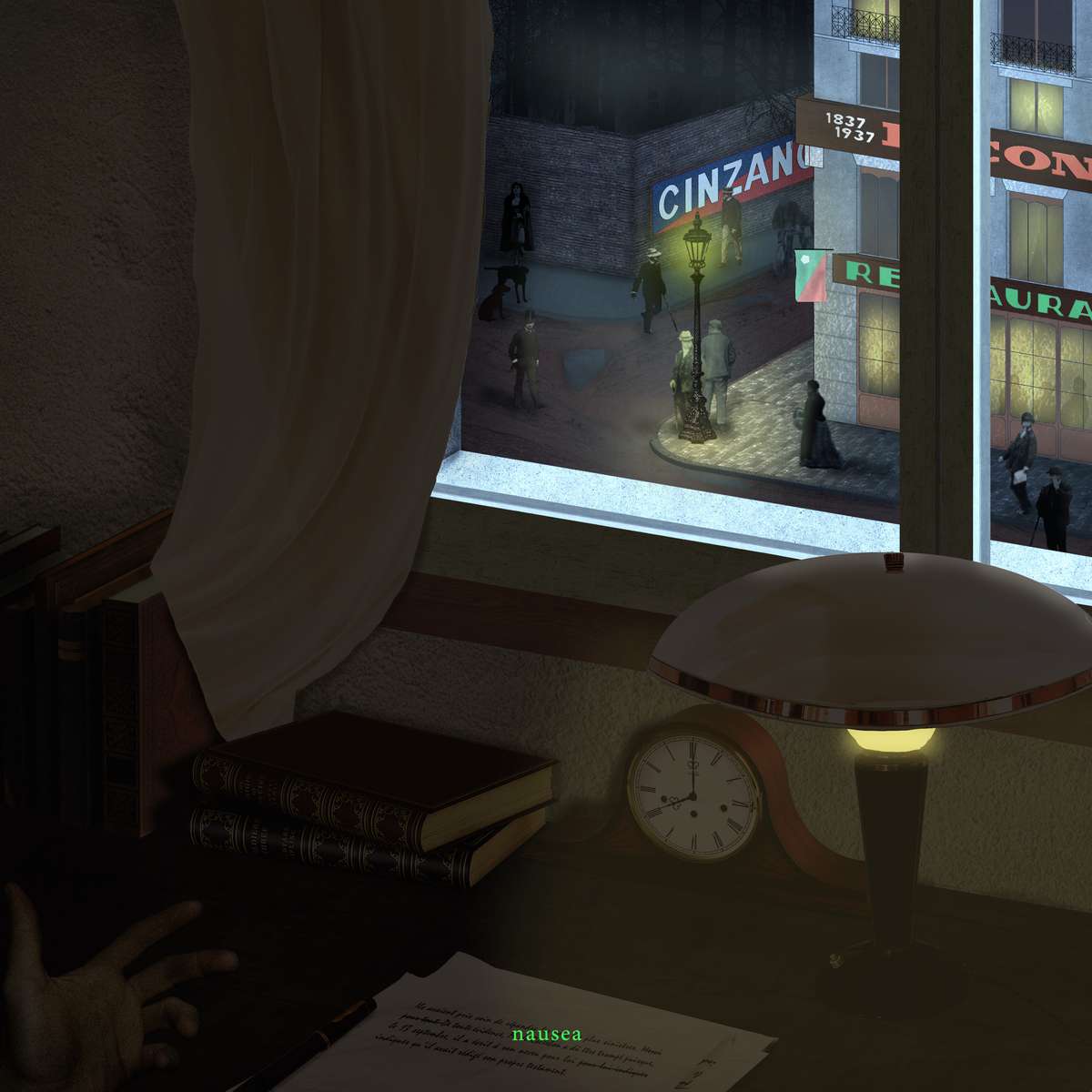
Antoine Roquentin is free but delving into the meanders of his past and discovering imprisonment. Objects around him and the city he lives in are are not primary in their conditioning but become symbols of awkwardness, paralysis and sorrow. He sees freedom in the world outside his room but is unable to relate to it, thus substantiating the idea that architecture has no absolute power over freedom: in the least tyrannical of situations architecture is most tyrannical for being indifferent.
Porro libertatem perdimus
Porro libertatem perdimus

- New alliances
There have been attempts in contemporary architecture to produce spaces that can foster freedom and give a solution in conditions of tyranny, armed conflict and alienation. This research aims to explore the relationship between architecture and the notion of freedom by examining works of contemporary literature. The selected books are all stories of exiles and forced detention, either psychological or physical, induced or self-inflicted, that result in different forms of tyranny, ie, the negation of freedom. The absolutely subjective nature of the latter emerges from each novel. This study doesn’t aim at an unambiguous and rational solution, at a critique or a lesson, as neither freedom nor architecture is a universal concept. Rather it focuses on the complex interaction between people and spaces in such extreme situations. A better understanding of these complexities would seem to be of particular relevance to our tumultuous present, and future, global situation.
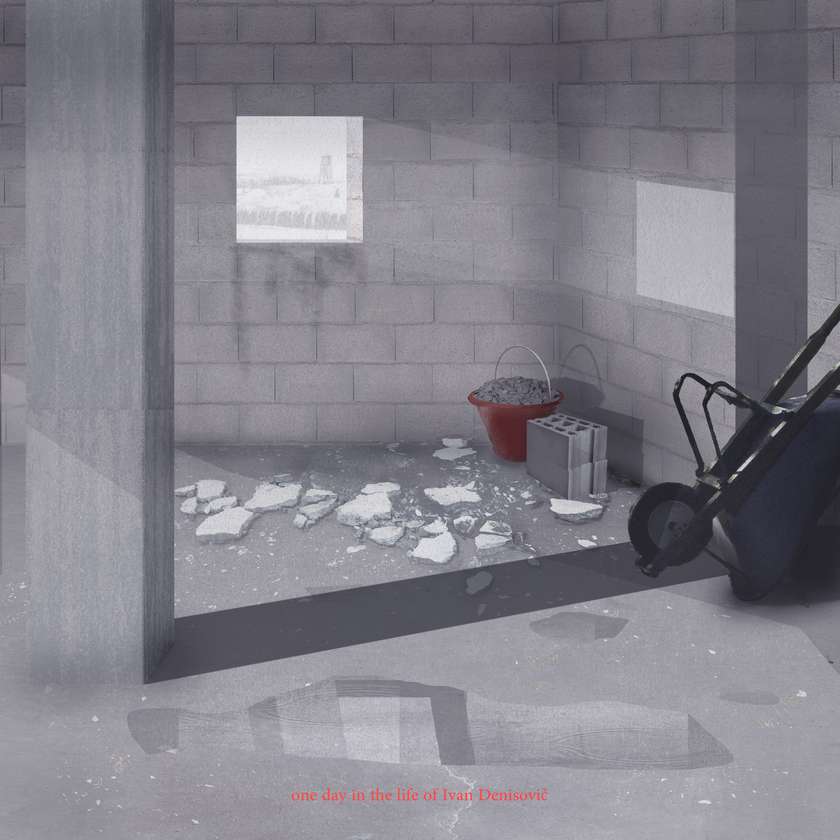
Ivan Denisovič is a political prisoner in a gulag but he is, however, able to mentally escape from it by focusing his mind on industriousness. Denisovič fights absurdity by stacking bricks. While at work he is able to ignore the fear of the guards, of the hard labour and the barbed-wire fences and enjoys building up a wall, for the sake of doing it well. The trowel is his emblem of freedom and he must hide it to preserve hope, sanity and irony – thus freedom.
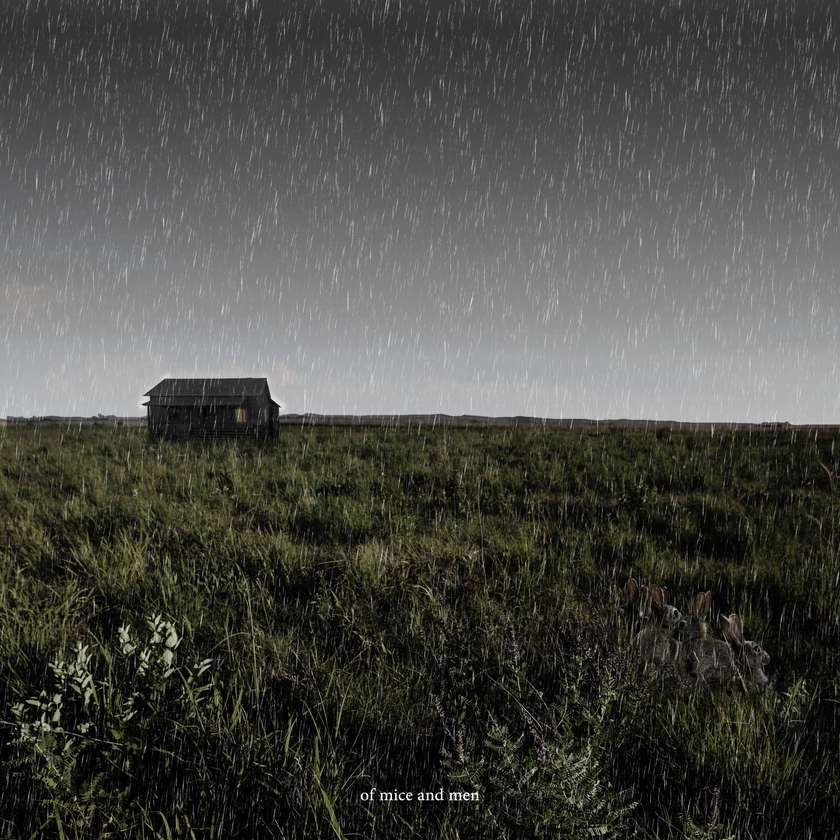
George Milton and Lennie Small, two ranch workers at the time of the Great Depression, they cross the lands of California in the search for freedom. This is represented by a house, property and the dream of living 'off the fatta the lan'', all of which they are unable to attain due to their precarious condition, resulting from the tyranny of their fellow workers and bosses, their mischief and alienation and, finally, their lack of will.
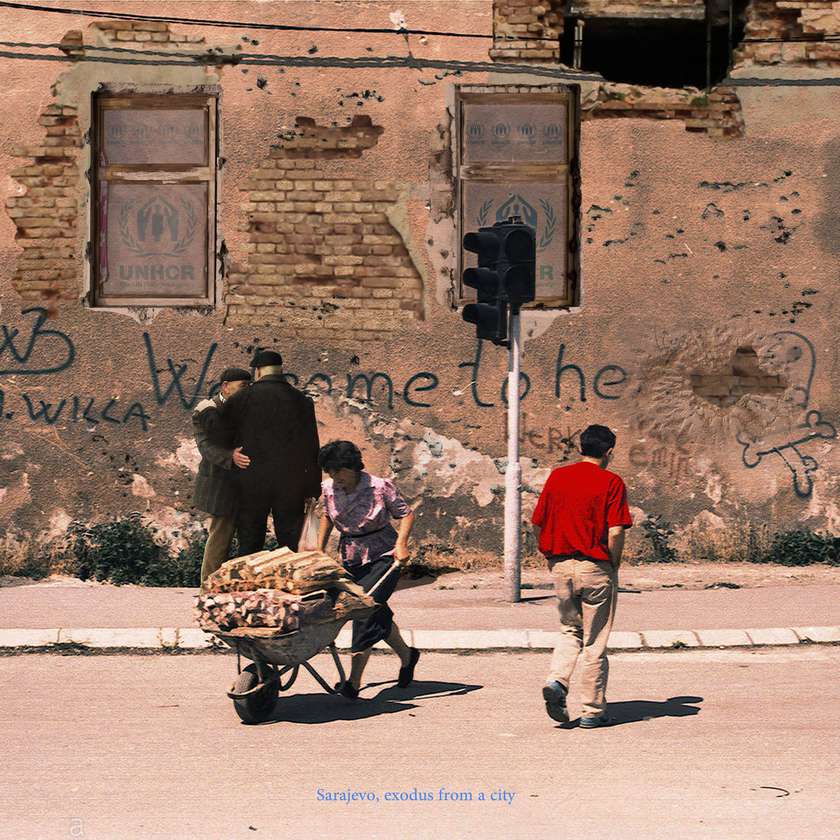
Karahasan’s autobiographical novel about his time living in the besieged Sarajevo shows another way of fighting for freedom. Again, against tragedy and war, while his beloved city is crumbling under mortar shells and hate, he puts his mind to literature and theatre to hold on to the hope of being free, once again. Karahasan’s city stands for freedom and is being turned into rubble for being such. Karahasan fights hate by reading books.
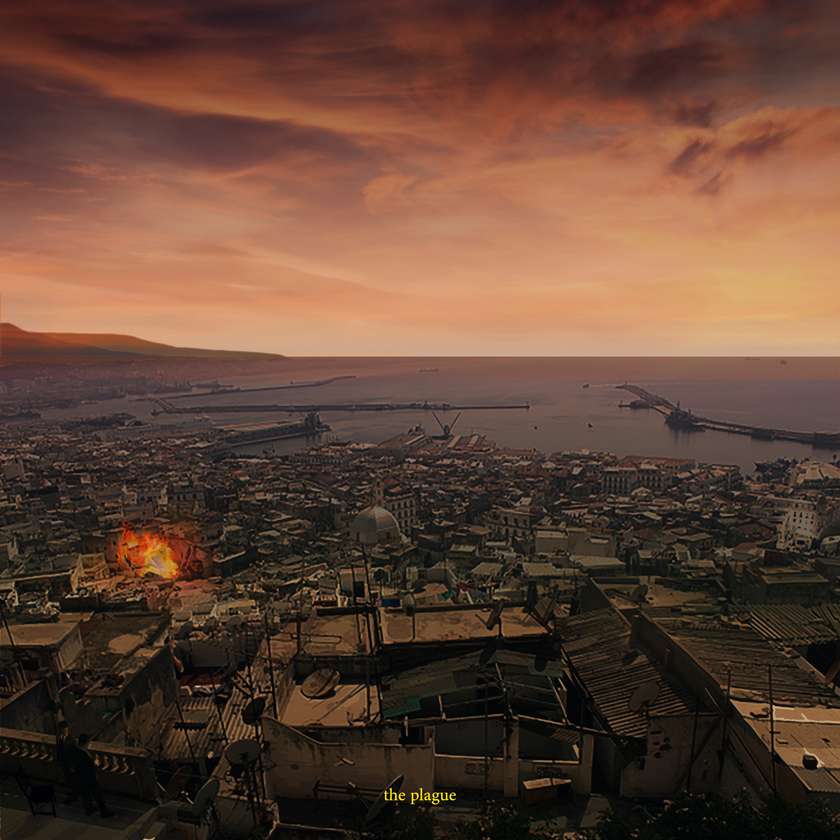
Doctor Rieux is fighting alone against a plague epidemic in the city of Oran, Algeria which has been cut-off from the rest of the world by a wall due to sanitary instructions. Rieux fights evil by helping his fellow citizens. Despite the futility of such a practice, by doing so he does not surrender to death and thus manages to attain peace and hold on to life. Rieux and none of the previous characters are free but in acknowledging this they cling to the notion of freedom.
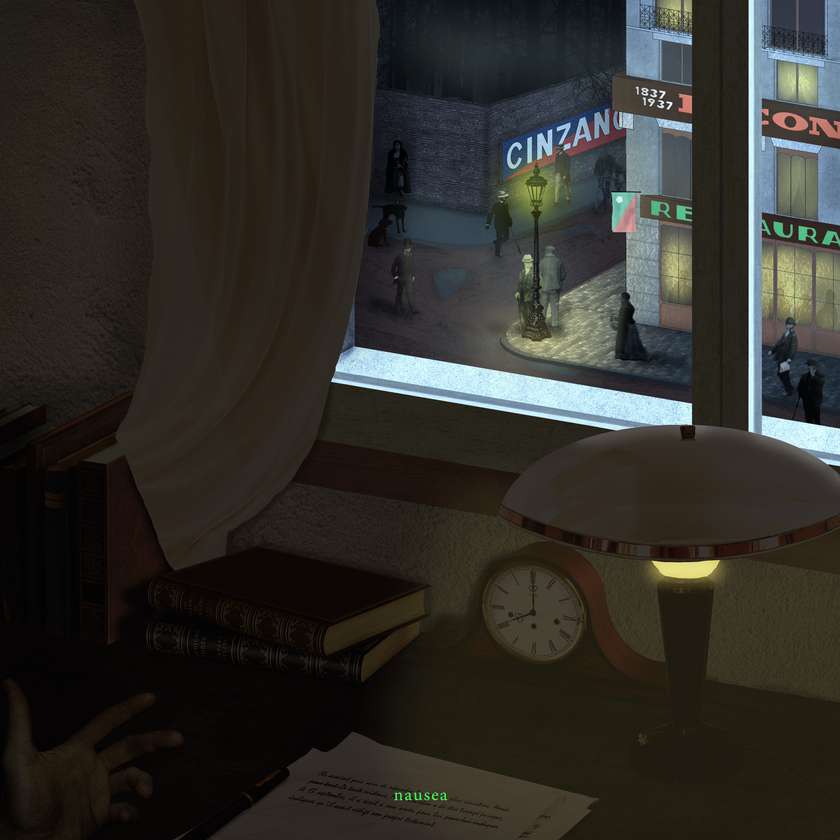
Antoine Roquentin is free but delving into the meanders of his past and discovering imprisonment. Objects around him and the city he lives in are are not primary in their conditioning but become symbols of awkwardness, paralysis and sorrow. He sees freedom in the world outside his room but is unable to relate to it, thus substantiating the idea that architecture has no absolute power over freedom: in the least tyrannical of situations architecture is most tyrannical for being indifferent.